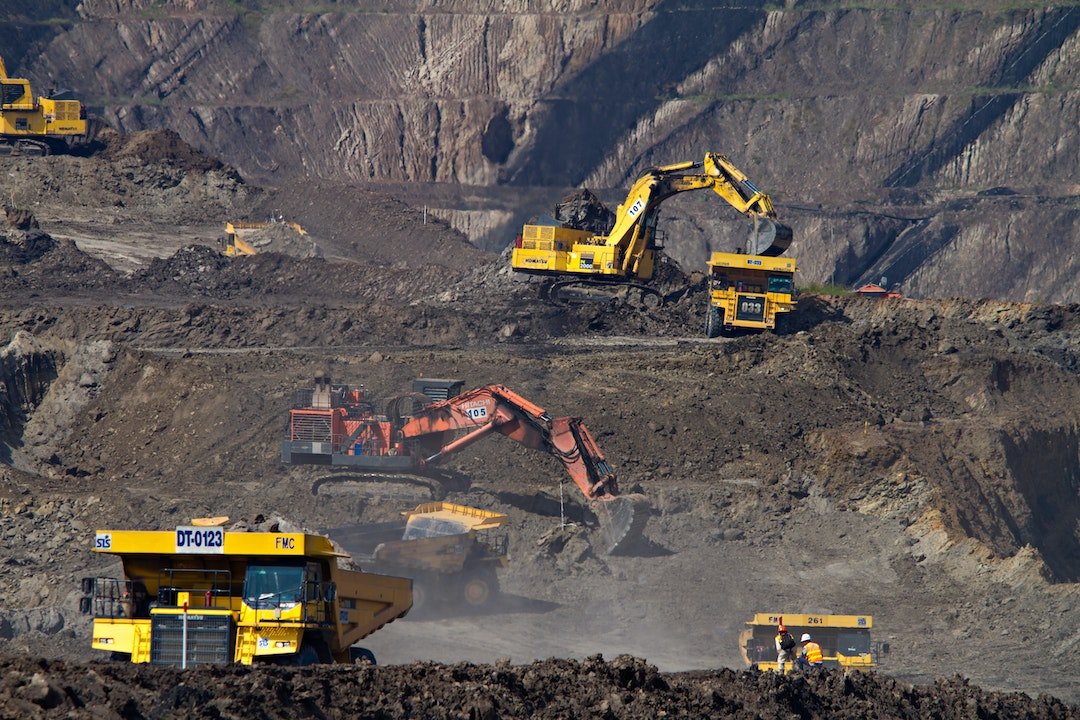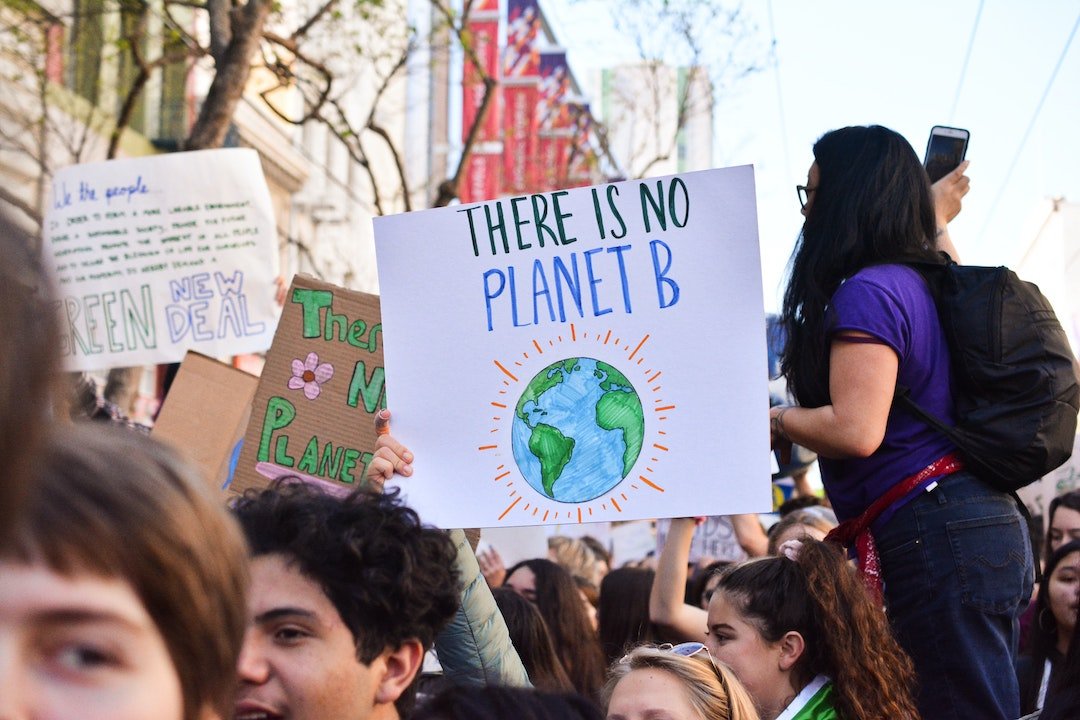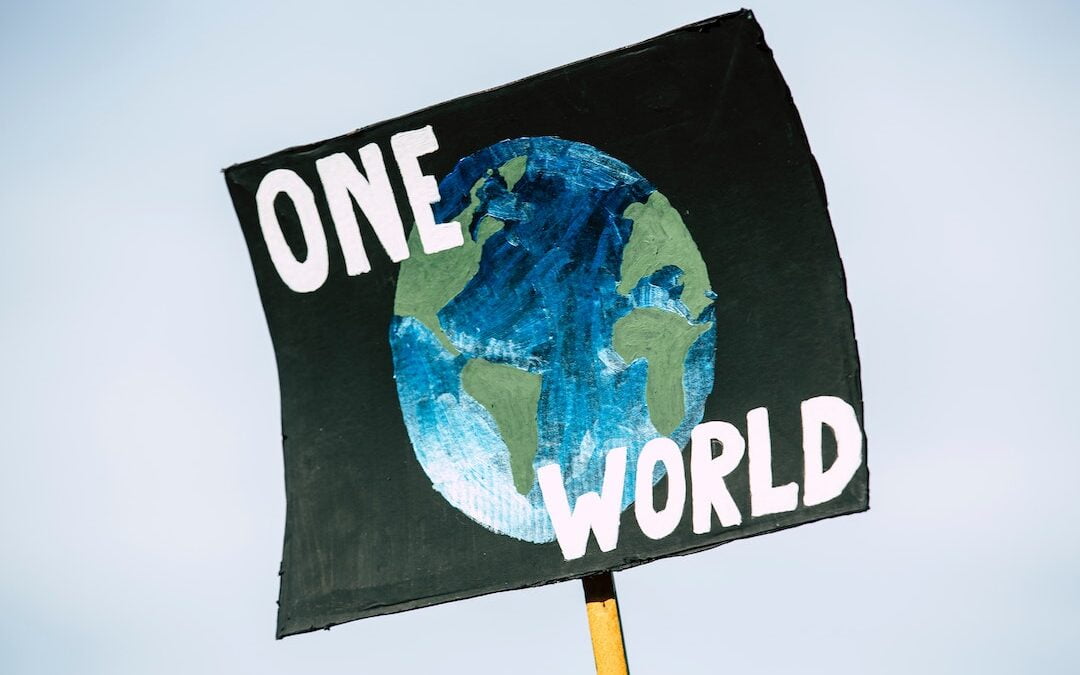Bushfire survivors are fighting for climate action in court.
The members of Bushfire Survivors for Climate Action (BSCA) are arguing that commissioning new fossil fuel projects is dangerous, considering the abundance of information we have about climate change. Their main focus is appealing a decision from the Independent Planning Commission (IPC), which would see Whitehaven expand its Narrabri coal mine in NSW.
The review will be heard in court over three days from February 15 to 17.

Mining moguls
The Narrabri Coal Mine has been operating since 2012. The recently approved expansion is worth $400 million, and continues the life of the mine from 2031 to 2044. This has left many Australians concerned, as it permits some of the biggest underground longwalls in the country, measuring 10km long and 400m wide.
During the hearing, the IPC acknowledged that the mine was “gassy” at best, but approved the project anyway due to the hope for future, uncertain technological advancements which would reduce methane levels. The expansion will generate at least 480m tonnes of carbon emissions, roughly equivalent to Australia’s total greenhouse gas emissions in 2022. It was also revealed that Narrabri would become the dirtiest thermal coal project in Australia, leaving many worried for our environmental future.
The initial decision to approve such a project was justified by the additional $250 million of revenue, and over 500 jobs the expansion will provide. However, for most, this benefit does not outweigh the heavy cost of further damaging our atmosphere.

Fighting flames
The group at the forefront of this fight against mining expansion is Bushfire Survivors for Climate Action, a community organisation composed of bushfire survivors, local officials, firefighters and their families. It first formed after the Tathra and District fire in March 2018, but the founding members have been impacted by bushfires starting all the way back in 2003.
Their primary objective is to demand government action on climate change, holding officials accountable for their words and actions. BSCA spokesperson Fiona Lee said the approval of the coal mine proved that decisions weren’t being made to align with community expectations, and that immediate action needed to be taken.
“Continuing to allow coal mines to expand – especially high polluting ones – has a direct impact on Australians’ safety and security.”
“The burning of coal, gas and oil worsens the impacts of climate change, and we are already seeing bushfires and other extreme weather increase in frequency and intensity because of climate change.”
The devastating effects of recent bushfires and flooding is just one example of how climate change is affecting all Australians. But what is the BSCA doing? And what are they arguing in court?

The case
The BSCA will be represented by the Environmental Defenders Office. Speaking on the issue, Special Counsel Matt Floro said “the IPC has a duty to make legally responsible, rational planning decisions in the public interest. Our clients will argue that IPC’s approval of a major new source of climate pollution is legally unreasonable and rational.”
“The climate crisis has already begun, and Australians everywhere are highly vulnerable to its impacts. There is a huge body of scientific evidence that we must leave coal and gas in the ground to maintain a liveable planet. Approving more coal mines flies in the face of all the evidence.”
The team is arguing that it wasn’t in public interest for the mine to be approved, since it will continue to damage an already volatile environment and endanger the NSW people. They believe the mine expansions threaten state-wide ecosystems, and directly undermine the state’s net-zero targets.
While a decision is yet to be reached in court, the BSCA’s unrelenting effort to hold both mines and governing bodies accountable hasn’t gone unnoticed. It sheds light on a broader move towards environmental action, one which is being felt by people across the country as we work towards a greener and more sustainable future.
To read about the legal background of the case, click here.
To learn about other ways we could produce energy, click here.

